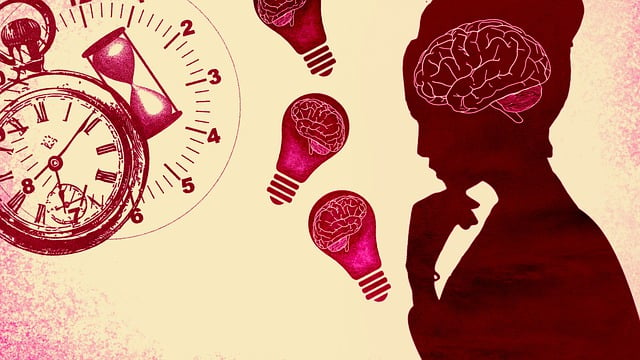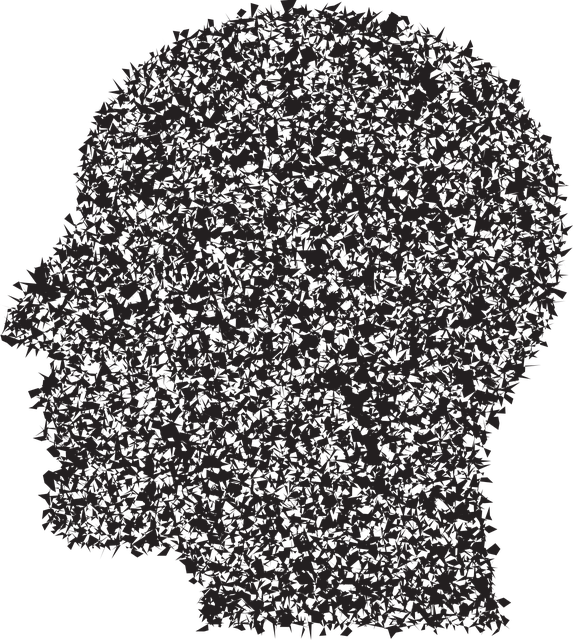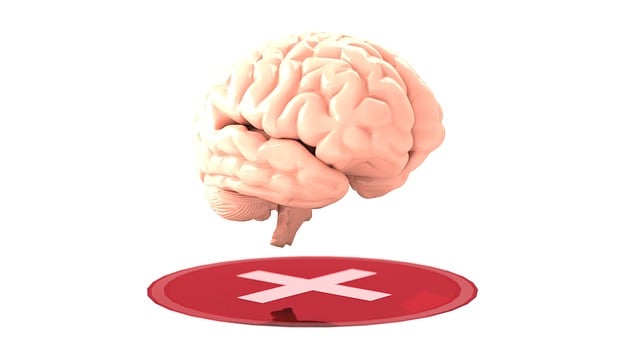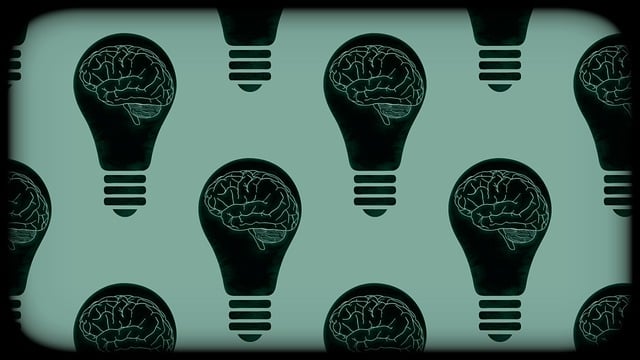Adult Adjustment Disorder (AAD) is a mental health condition characterized by persistent low mood, difficulties coping with life's demands, and impaired functioning, leading to risks like substance abuse. Effective treatment includes Cognitive Behavioral Therapy (CBT), mental wellness podcasts, and risk management planning for professionals. Building resilience through strategies like mindfulness, physical activity, active listening, and fostering a growth mindset is key to developing coping skills in AAD therapy.
Coping skills development is a crucial aspect of managing adult adjustment disorder (AAD), a condition marked by significant emotional and behavioral challenges. This article explores therapeutic approaches tailored to AAD, focusing on strategies that foster resilience and effective coping mechanisms. By understanding the symptoms and impact of AAD, individuals can navigate their struggles with enhanced adaptability and improved mental well-being. Therapeutic interventions, combined with practical strategies, offer a comprehensive roadmap for overcoming challenges associated with this disorder.
- Understanding Adult Adjustment Disorder: Symptoms and Impact
- Therapeutic Approaches for Coping Skills Development
- Strategies for Building Resilience and Overcoming Challenges
Understanding Adult Adjustment Disorder: Symptoms and Impact

Adult Adjustment Disorder (AAD) is a mental health condition characterized by difficulty in coping with life’s demands and managing emotions. It often manifests as feelings of inadequacy, hopelessness, and a general inability to adapt to everyday situations, leading to significant distress and impairment. The symptoms can include persistent sadness, anxiety, irritability, sleep disturbances, and problems with concentration or memory. Unlike major depressive disorder, AAD is not primarily characterized by intense periods of depression but rather as a chronic state of low mood and functioning.
The impact of AAD can be profound, affecting personal relationships, work performance, and overall quality of life. Those struggling with this disorder may find it challenging to maintain social connections or engage in activities they once enjoyed. Without proper support, the condition can lead to increased risk-taking behaviors, substance abuse, or even thoughts of self-harm. Therapy for Adults Adjustment Disorder often involves cognitive-behavioral therapy (CBT), which helps individuals identify and change unhelpful thought patterns and develop effective coping strategies. Mind over matter principles, encouraged through various mental wellness podcast series production, can empower individuals to take control of their emotional well-being. Additionally, risk management planning for mental health professionals is crucial in supporting clients with AAD, ensuring they have the tools to navigate and overcome daily challenges effectively.
Therapeutic Approaches for Coping Skills Development

Coping skills development can be facilitated through various therapeutic approaches designed to help adults with adjustment disorders navigate stress and adversity. Cognitive Behavioral Therapy (CBT) is a widely recognized method that focuses on identifying and changing negative thought patterns, thereby reducing anxiety relief and promoting healthier coping mechanisms. This therapy encourages individuals to challenge their distorted beliefs and replace them with more realistic, positive ones, enhancing self-esteem in the process.
Another effective strategy involves incorporating Mind Over Matter principles, which teach individuals how to exert control over their emotions and behaviors. By mastering these techniques, adults with adjustment disorders can learn to manage stress, improve their overall well-being, and develop a stronger sense of resilience, enabling them to face challenges head-on.
Strategies for Building Resilience and Overcoming Challenges

Building resilience is a crucial aspect of coping skill development, enabling individuals to overcome challenges and adapt to difficult situations. Therapy for Adults with Adjustment Disorder often incorporates strategies focused on enhancing resilience. One effective approach is fostering a growth mindset, where individuals view setbacks as opportunities for learning and personal growth rather than failures. This mindset shift encourages perseverance and a proactive attitude towards problem-solving.
Additionally, stress management techniques play a pivotal role in crisis intervention guidance. Practicing mindfulness, deep breathing exercises, and engaging in regular physical activity can help reduce the impact of stressful situations. Empathy building strategies, such as active listening and practicing compassionate self-talk, empower individuals to connect with their emotions and understand their needs, fostering a sense of self-compassion and resilience in the face of adversity.
Coping skills development is a powerful tool in navigating life’s challenges, especially for individuals dealing with Adult Adjustment Disorder (AAD). By understanding the symptoms and impact of AAD and employing therapeutic approaches, one can build resilience and effectively manage their condition. Through various strategies outlined in this article, including those focused on therapy, individuals can enhance their coping abilities, improve overall well-being, and lead more fulfilling lives despite the challenges posed by AAD. Remember, seeking professional help for therapy is a significant step towards managing and overcoming AAD, offering valuable support in developing essential coping skills.








